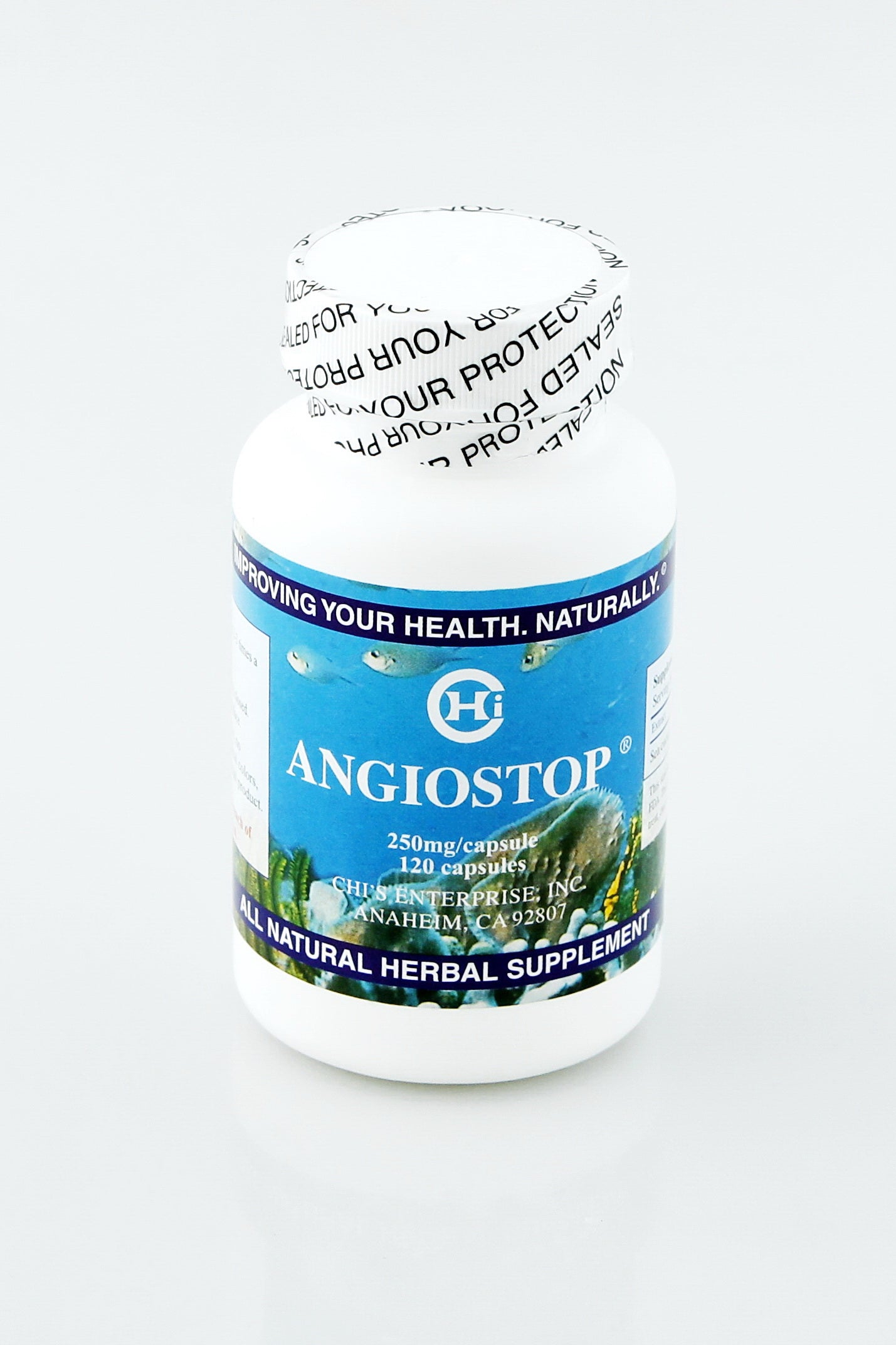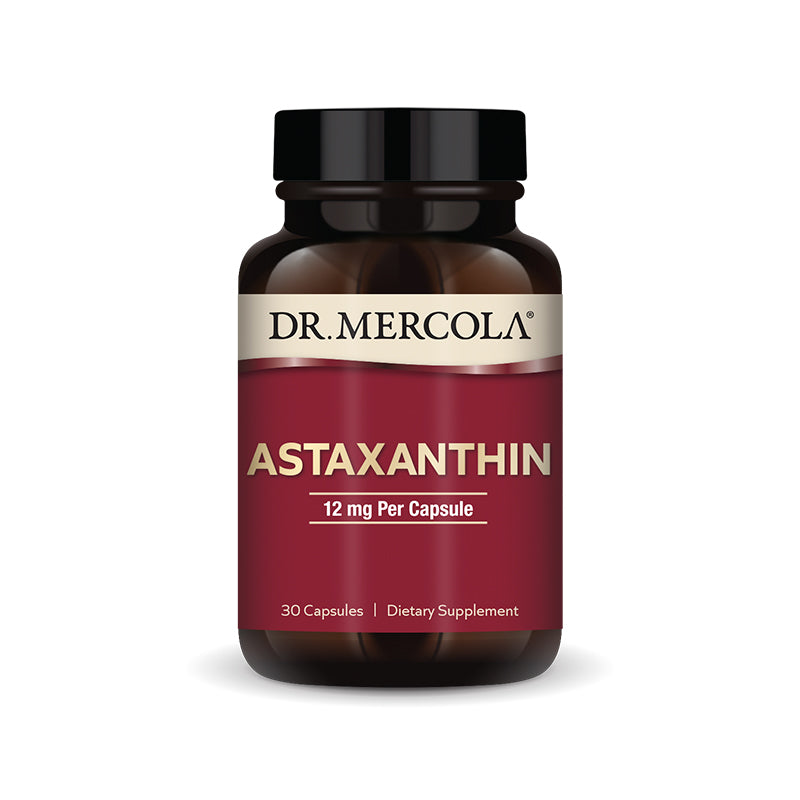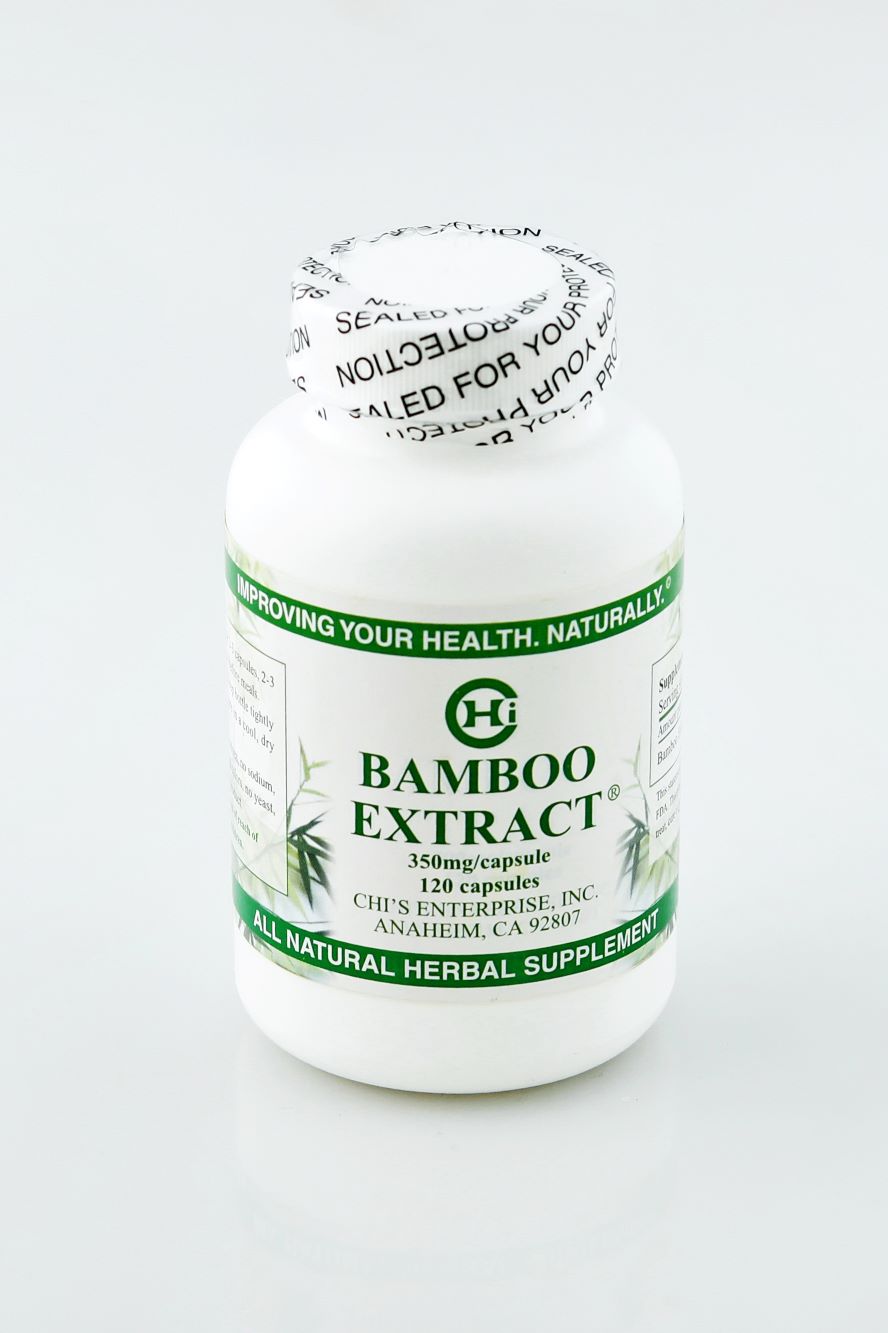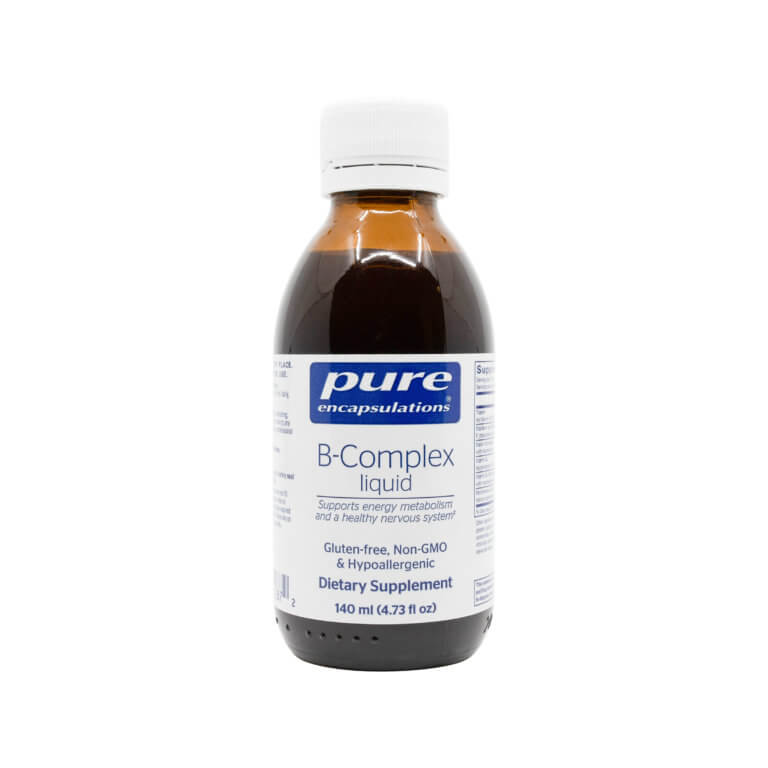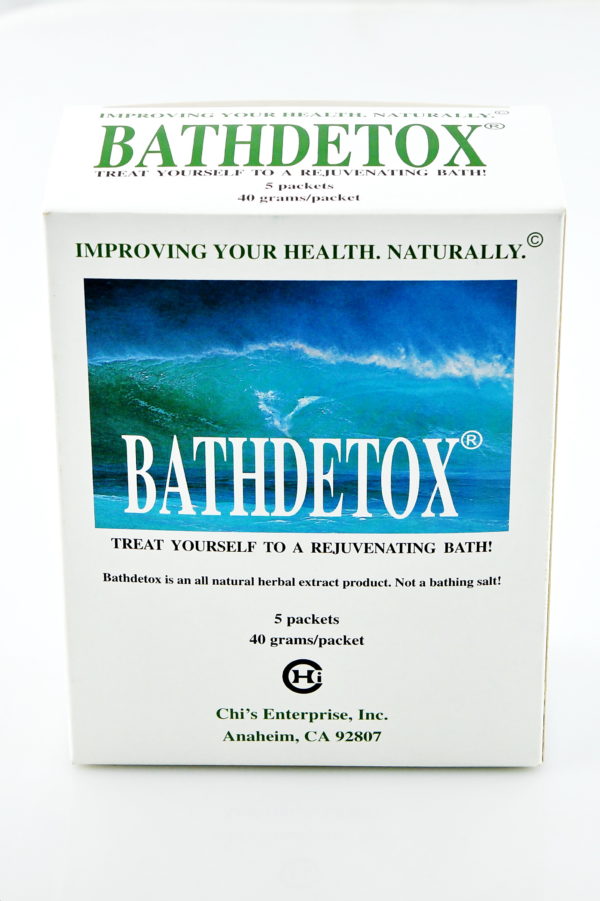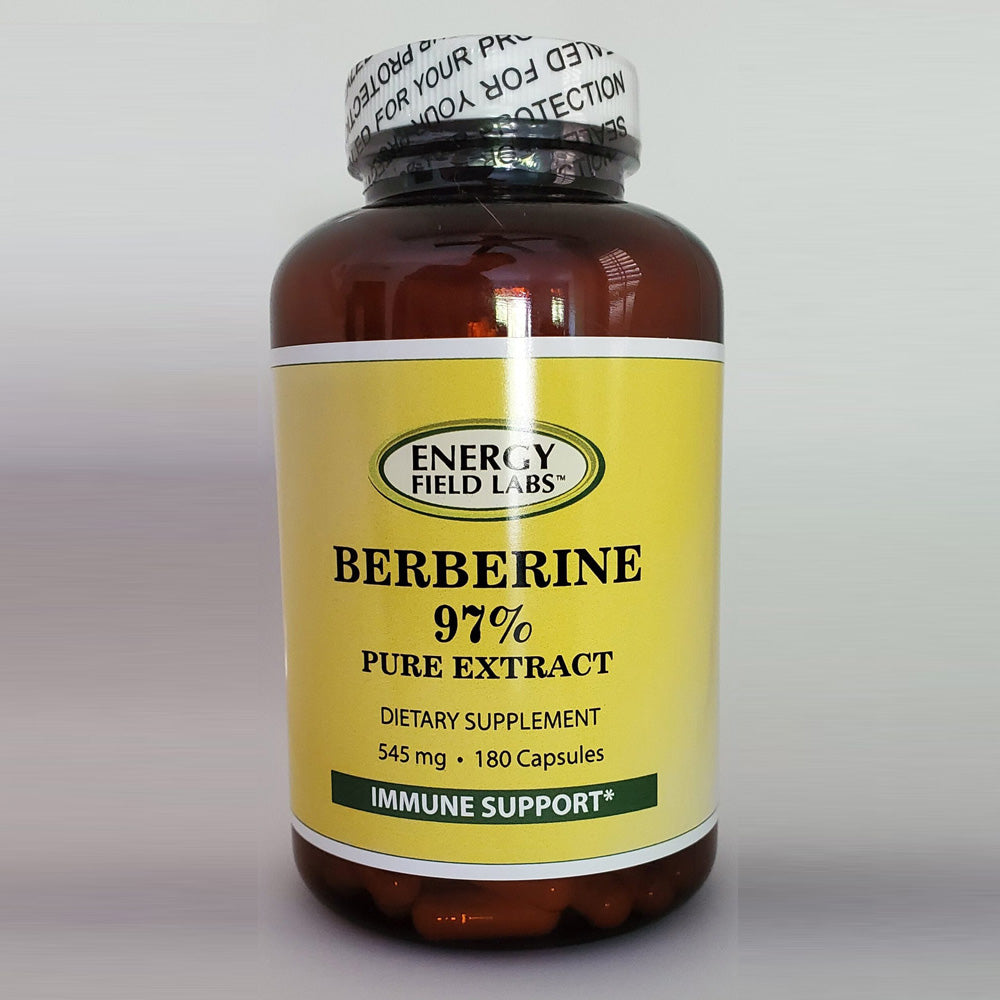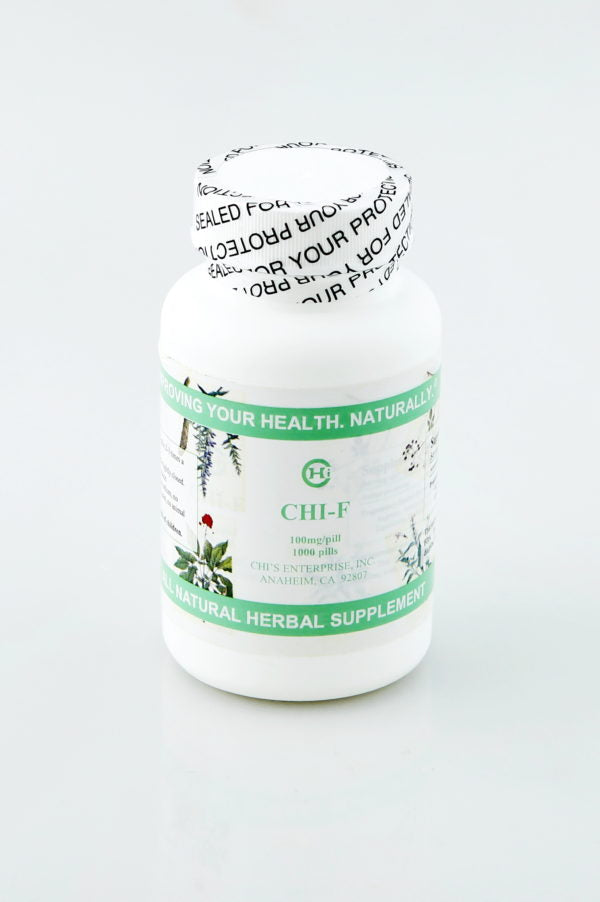by Glen Depke
Gluten truly has become such an issue in our culture that we are now developing cross reactions to other foods that we used to consider safe to eat. I know…uggg…what the heck can we do about this? Trust me, I am just as frustrated as you with this but there are definitely ways to address this.
First let’s review something we have talked about many times before. The main reason gluten is such an issue for “most” of us is the fact that wheat specifically is genetically modified and processed in a way that significantly increases the level of intolerance that we are currently living with. Also reviewing that a gluten intolerance can be one of or the main underlying factor in almost any chronic illness. Those are simple facts that we live with here is the US and Canada. There are some that have intolerance to gluten of any kind and even wheat in other countries because of a deep genetic challenge.
So what’s with the cross reactions?
If you have been gluten intolerant for some time, which honestly is most of you reading this, and have continued to consume gluten, this leads to an immune system response. Over time your immune system attacks the protein that is within gluten, which is referred to as gliaden or glutenin. Once the body has been “attacking” these proteins over time as your immune response, the body may begin recognizing similar proteins as the same substance and begin to attach these also. I have seen this in many clients recently and honestly, you want to know this. You may not like the findings but this is much better than suffering with the chronic ailments created by these powerful immune system reactions.
Here’s some recent client examples for you.
Working with one women over a number of years that was always in a slow but steady level of improvement that honestly, both myself and this woman wanted to expedite. Yes, we both wanted her to get better quicker. I had suggested to her that we test for a cross reaction. Well the test came back and she had a cross reaction to teff, coffee, dairy and eggs. Now the teff and coffee were a non-issue because she did not use either of these, but the dairy and eggs were another story. She ate eggs and cheese every day. So in essence, this woman was fueling the fire of chronic illness every day that we were working on putting out this fire. No fault to anyone, we simply were ignorant to the fact of her cross reaction.
Another women in a similar situation has cross reactions to, surprise, all the gluten free grains. Millet, quinoa, amaranth, buckwheat and tapioca. She also had challenges with potato and eggs. I was actually fortunate enough to be invited to her last potato indulgence gathering to offer support in saying goodbye to her old friend, the potato.
Others’ get their test back kicking and screaming. I get it, it is not fun to find out that a food you enjoy and consume on a regular basis is killing you. Yes, I said killing you! It’s a slow death, but very much a part of the process. Often I feel as if I am taking away somebody’s best friend but it is really quite the opposite. The testing is only uncovering the root of the problem that has not been addressed in years or decades.
So what are these cross reactive foods specifically?
- Rye
- Barley
- Milk
- Casien
- Whey protein
- Chocolate (milk)
- Oats
- Yeast
- Coffee
- Sesame
- Buckwheat
- Sorghum
- Millet
- Hemp
- Amaranth
- Quinoa
- Tapioca
- Teff
- Soy
- Egg
- Corn
- Rice
- Potato
So any on this list is a potential cross reactive food that can burn out your adrenals, compromise your immunity, disturb your gut, challenge your brain, lead to inflammation and overall, create chronic illness.
To my knowledge, the best testing for this is done by a company called Cyrex Labs. This is the company that myself and other practitioners in my office use on a regular basis to assist in uncovering these cross reactivities.
If you have any questions or comments in regard to this article, please leave this below for me to address personally. If you are new to Depke Wellness you can also call my office for a complimentary 20 minute phone consultation at (949)954-6226.

